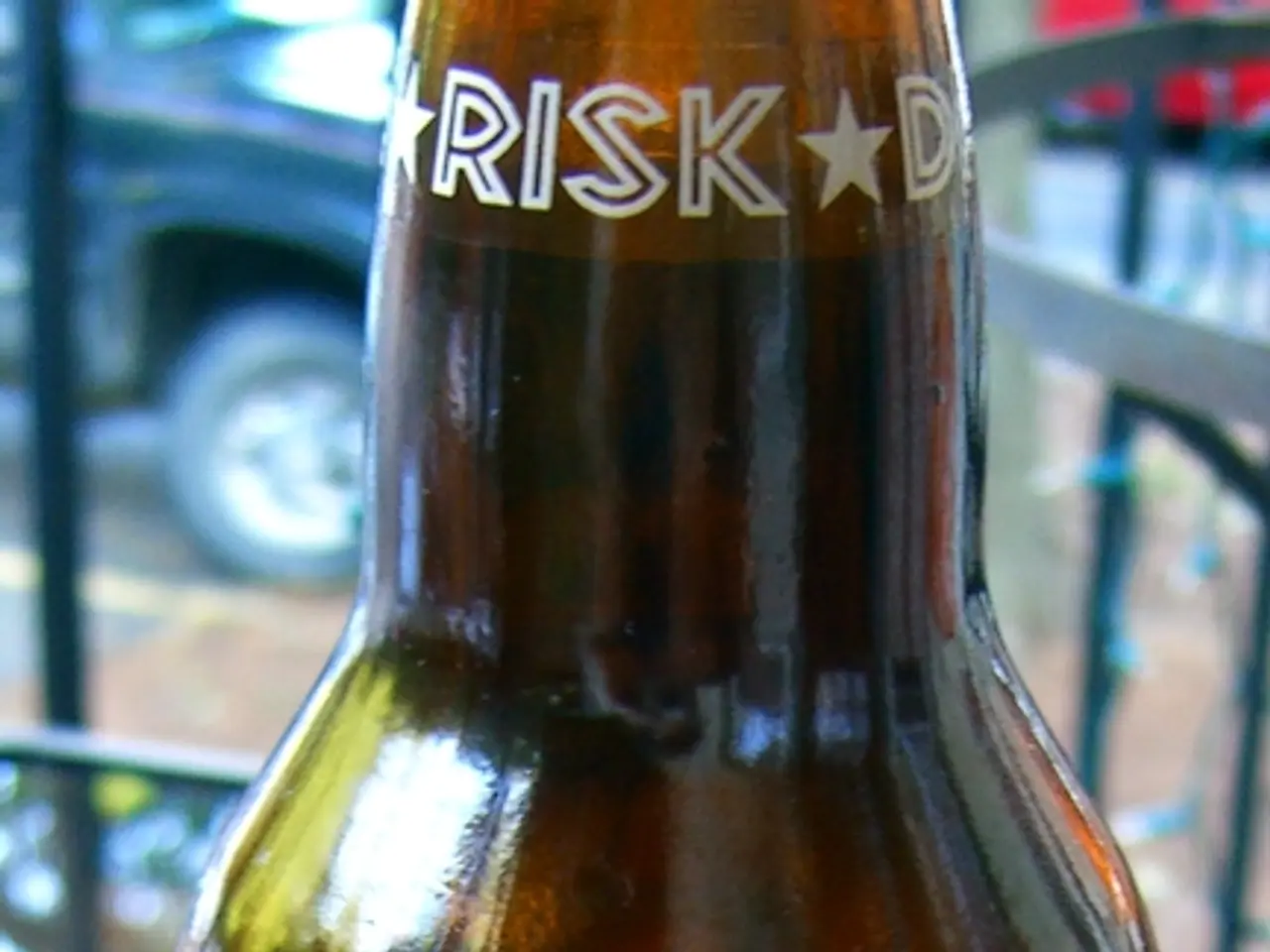Alcohol consumption and the connection to esophageal cancer: An exploration of links and potential hazards
Esophageal cancer is a type of cancer that develops in the esophagus, the tube that connects the throat to the stomach. This disease is a significant health concern worldwide, being the eighth most common cancer globally.
Esophageal cancer can be broadly categorised into two main types: squamous cell carcinoma and adenocarcinoma.
Squamous Cell Carcinoma
Squamous cell carcinoma begins in the squamous cells lining the esophagus and is most prevalent in the upper and middle sections of the esophagus. Among the risk factors for this type of esophageal cancer are age, gender, tobacco use, diet, obesity, and certain medical conditions.
Smoking and tobacco exposure are significant risk factors, particularly for esophageal squamous cell carcinoma. The carcinogens present in tobacco, along with compounds like polycyclic aromatic hydrocarbons (PAHs) and volatile organic compounds (VOCs) in smoke and pollutants, contribute significantly to the risk of esophageal cancer.
Adenocarcinoma
Adenocarcinoma starts in the glandular cells lining the esophagus and is most common in the lower section, close to the stomach. One of the primary risk factors for this type of esophageal cancer is chronic acid reflux, also known as GERD.
Chronic acid reflux leads to repeated inflammation and damage in the esophagus, increasing the risk of cancer. Barrett’s esophagus, a condition resulting from long-standing GERD, is a known precursor to esophageal adenocarcinoma.
Obesity, particularly central obesity and a BMI over 30, is linked to higher esophageal cancer risk, primarily due to its association with GERD and metabolic effects. A diet lacking in fruits and vegetables can contribute to the risk due to lower intake of protective nutrients and antioxidants.
Other factors increasing the risk of esophageal cancer include family history and genetics, drinking very hot liquids regularly, certain medical conditions such as achalasia and swallowing difficulties, and demographic factors like age and sex.
It's important to note that these factors often interact, compounding risk; for example, smoking combined with alcohol increases susceptibility synergistically.
Alcohol consumption is a risk factor for esophageal cancer, as alcohol is metabolized into acetaldehyde, a substance that can damage DNA and increase the risk of cancer.
In summary, while alcohol consumption is a risk factor for esophageal cancer, the strongest other contributors are tobacco use, chronic GERD (and its complications), obesity, diet, certain medical conditions, and genetic predisposition. Understanding these risk factors can help individuals make informed decisions about their health and lifestyle choices.
Read also:
- Overweight women undergoing IVF have a 47% higher chance of conceiving naturally post-weight loss
- What temperatures may make walking your canine companion uncomfortable?
- Eye treatments for Drusen: Insights and expansions
- Presidential Candidate Uses Controversial Tactics to Gain Vote, Prompting Outcry From Opponents and Politicians Alike






